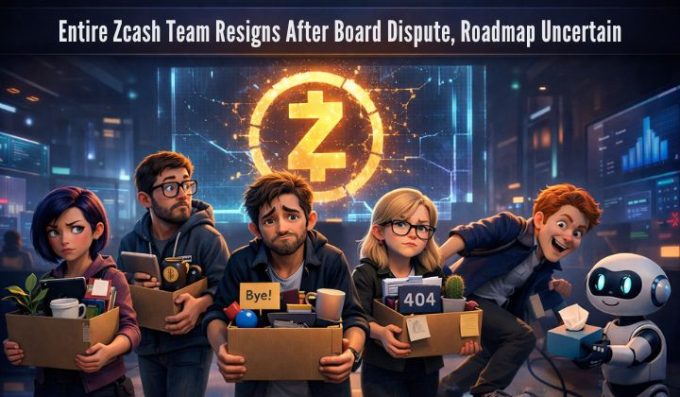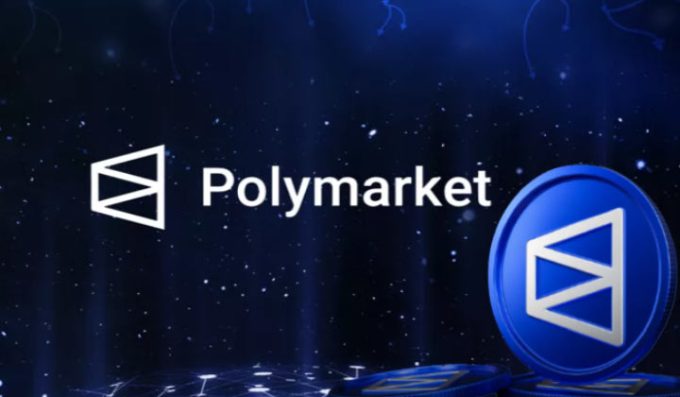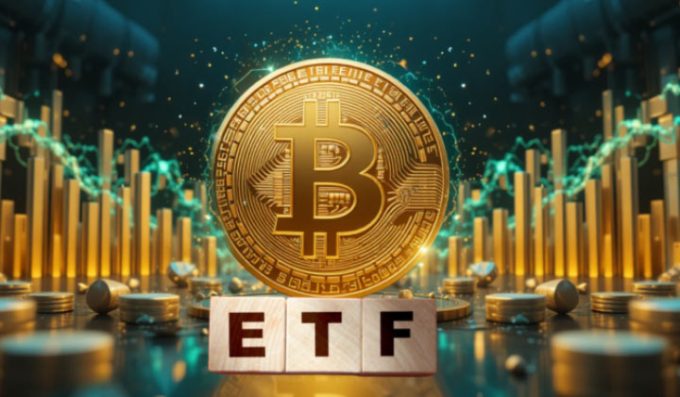Cathie Wood Blames SEC Chair Gary Gensler For Delaying Spot Bitcoin ETFs
The head of asset manager Ark Invest, Cathie Wood, believes that Gary Gensler, the chair of the Securities and Exchange Commission, is more likely to be the obstacle to proposed spot bitcoin ETFs than the organization itself.
Wood claimed that while the agency’s research-focused employees are knowledgeable, there appears to be a gap with Gensler.
Wood is competing for the ARK 21Shares Bitcoin ETF that her company re-filed earlier this year. Over the years, the SEC has turned down 21Shares’ and ARK’s two prior applications.
Wood went on to say that she hadn’t anticipated the regulator approving just one fund. “They will probably approve a group of them,” she said.
After Grayscale Investments prevailed in August when three judges in the U.S. Court of Appeals for the D.C. Circuit decided that the SEC needed to reevaluate its application for a spot bitcoin ETF, pressure has grown to approve such a product. Though it’s still unclear exactly what will happen next, the SEC stated on Friday that it did not intend to appeal that decision.
Following the verdict, lawmakers pressured Gensler last month to grant a spot bitcoin ETF as soon as possible, stating that a regulated spot bitcoin ETF would improve investor safety by enhancing the transparency and security of bitcoin access.
Israel Freezes 100 Binance Accounts Over Suspected Hamas Links: FT
More than 100 accounts on the world’s largest crypto exchange, Binance, have been frozen at the request of Israeli law enforcement since the Oct. 7 attacks by Hamas in a bid to curtail the Palestinian militant group’s funding, the Financial Times reported Tuesday.
Authorities have requested information on an additional 200 crypto accounts, most of which are held on Binance, the report said, citing people familiar with the matter.
Since Hamas stormed into Israel 10 days ago, triggering a war and a siege of the Palestinian enclave of Gaza, Israeli law enforcement has been working with the public and crypto firms to block fund flows to the group, classified as a terrorist organization by the U.S., U.K. and many other jurisdictions worldwide.
Binance confirmed to CoinDesk last week that it was working with Israeli authorities to block terror financing. The firm told the Financial Times that it had “blocked” a “small number” of accounts on the platform, but declined to say how many.
The report also quotes an unidentified Binance employee saying the company has to “go back and find all the Binance customers that have had exposure to” each address Hamas publishes soliciting donations.
On Monday, stablecoin issuer Tether said it had frozen funds in 32 cryptocurrency addresses linked to terrorism and warfare in Israel and Ukraine, and that it was working with Israel’s National Bureau for Counter Terror Financing (NBCTF).
FTX Plans to Return 90% of Customer Funds, But…..
There’s good news for customers of Bankrupt crypto exchange FTX. The exchange floated an amended proposal to return up to 90% of creditor holdings held before it went bust last November.
The debtors’ group, which is currently overseeing the bankruptcy process, will formally file the plan by December 16, 2023, to a U.S. Bankruptcy Court for perusal.
The debtors propose dividing missing customer assets into three pools based on circumstances at the start of the Chapter 11 cases: Assets segregated for FTX.com customers; Assets for FTX.US customers; and a “General Pool” of other assets.
The proposal stated that customers with a preference settlement amount of less than $250,000 can accept the settlement without any reduction of claim or payment. Preference settlement is 15% of customer withdrawals on the exchange, nine days before it went under.
Creditors would receive a “Shortfall Claim” against the general pool corresponding to the estimated value of assets missing at their exchange.
The debtors could exclude any “insiders, affiliates, customers” from the settlement who may have known the commingling and misuse of customer deposits and corporate funds, or those who changed their KYC information to facilitate withdrawals when they were halted.
The debtors said that the payouts for these customers may not reflect the fair value of the FTX Debtors’ claims.
You need to login in order to Like













